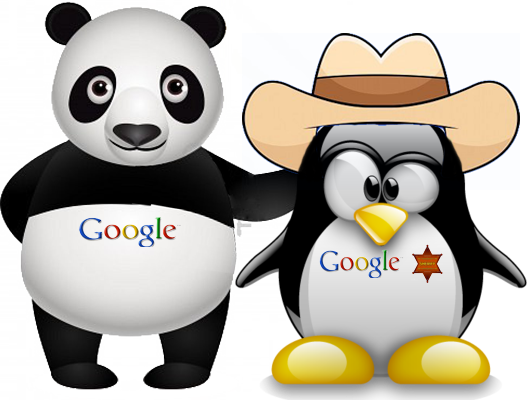This time, we are missing a discussion on how search engines work. We were asked to take a course on "the Search Landscape" (it's videos and easy listening - a man with a British accent narrates! Click the link to see for yourself), read chapter 2 of our online textbook from Stukent, and take a quiz afterwards. The course content includes the history and evolvement of search engines and the "search ecosystem". Also included are the trends of search and audience behaviours and insights, and the implications of search for marketers.
The reading from chapter 2 of the Stukent textbook explained how Google works and provides the basic PageRank formula used to calculate the website's popularity, as well as how a search engine calculates the relevance of a webpage to a certain keyword. For instance, the keywords that show up at the top of a webpage give the webpage a higher PageRank score as opposed to the words at the bottom. It is also important to know the difference between a webpage and a website: a website can have thousands of pages (webpages).
Also included in the reading for chapter 2 were two important Google updates: Google Panda and Google Penguin. Both updates include changes to the google search algorithm to try to make the experience of using Google Search better. The Panda update helps to filter out websites with thin content and lower relevance from the top of the search results page and show the more relevant results at the top of the page while the Penguin update aims to decrease the rankings of pages that use black-hat search engine optimization techniques. Search engine optimization was also explained a little bit, but will be covered a little bit more in Chapters 3 and 4. Search engine optimization is a very important thing to have knowledge about if you would like to have a good online presence, and would like to avoid black-hat techniques.
I'll admit that just like many others, I have very little previous knowledge of how search engines work and this is a lot to take in at once. Who knew search engines had rules for the sites that end up on the search results? I can't wait to learn more about search engine optimization and to start working with our client for the Google Online Marketing Challenge.

No comments:
Post a Comment